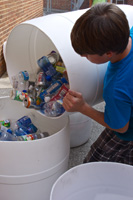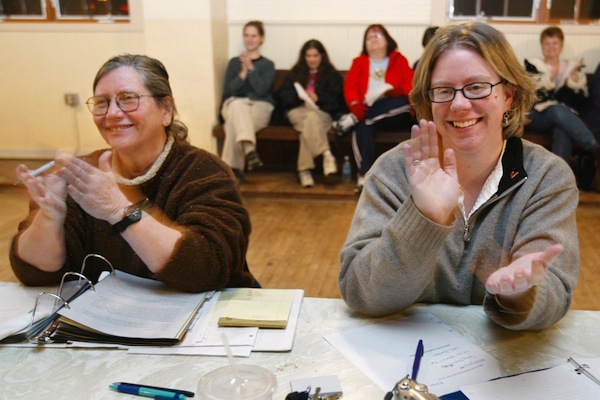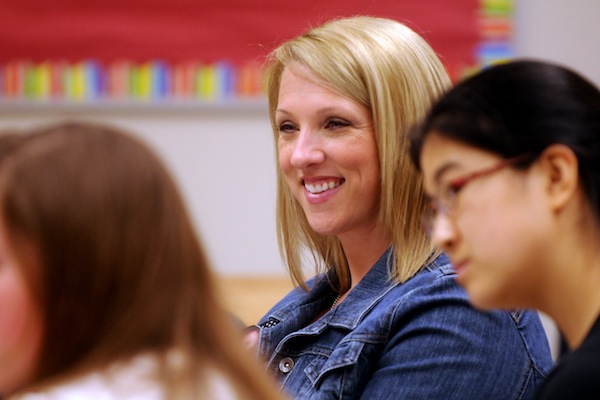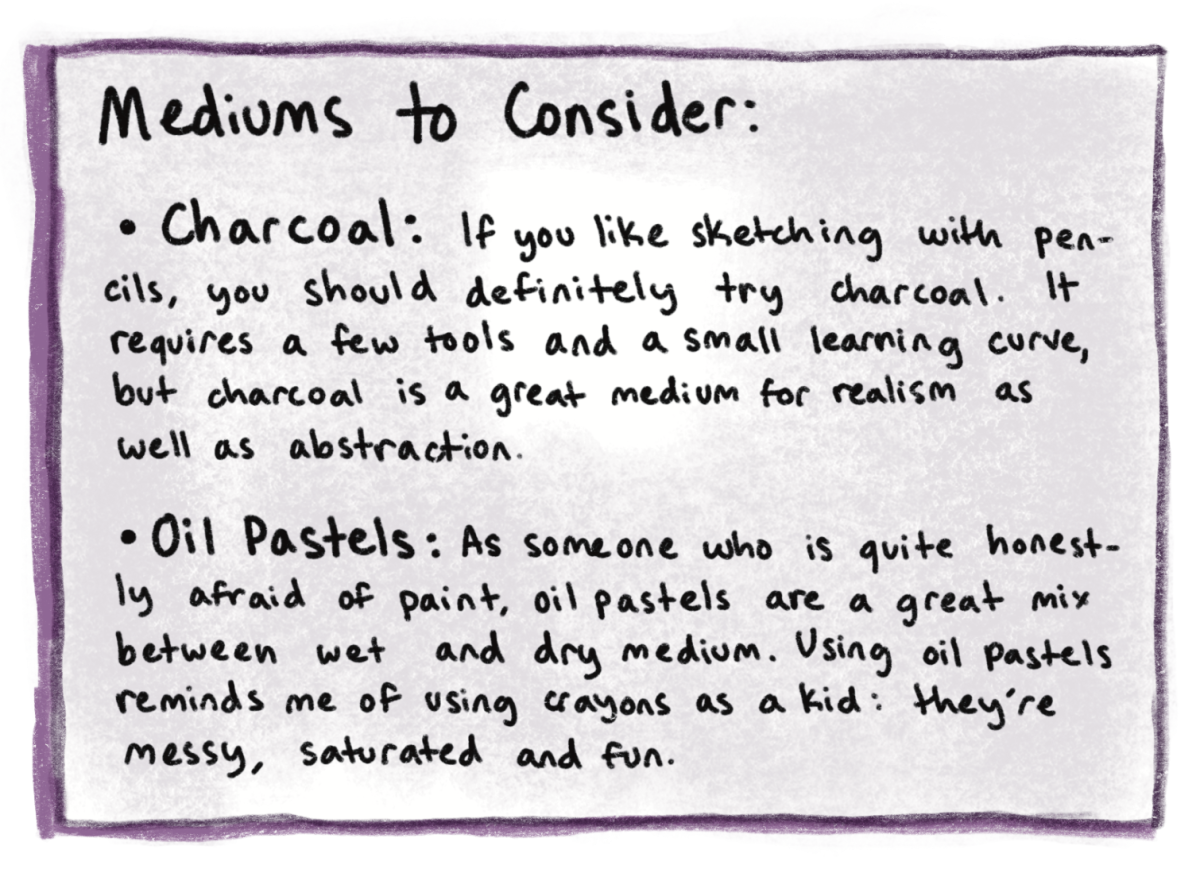Elements Environmental Club has begun to recycle textbooks after school, Dec. 15, 2011. This begins a new effort in recycling, already recycling paper, plastic, and soda cans.
“We started recycling old textbooks because as new editions of textbooks became available, the old ones either gathered dust on a back shelf or were thrown away,” senior Holly Grench said. “At the time, Elements had already been meeting once or twice a week, and designating one day to recycle the textbooks was an easy task. In the future we hope to continue to recycle textbooks as necessary.”
Usually, the school stores old used textbooks or throws them away, as recycling textbooks can pose difficulties, and if Elements hadn’t recycled them, the textbooks would sit in a landfill for about 50 years. According to science teacher and Elements sponsor Sweeney LaBarge, because textbooks have cardboard bindings, they cannot be recycled regularly with other materials, like paper or bottles. Textbooks are recycled by shredding them into tiny pieces, which then are used to make different paper products.
“The textbooks that needed to be recycled had been stored in the basement, and we transported them to a large recycling bin outside of the auto lab using wooden rolling carts, which we also use for plastic bottle/aluminum can recycling days,” Grench said.
Once Elements decided to recycle textbooks, club members researched options for textbook recycling in St. Louis and eventually discovered a local company that recycles textbooks. Then, Elements needed to know if they had collected enough old textbooks to recycle.
Several teachers, including AP Psychology teacher Bob Westerholt, helped gather used textbooks for Elements. The librarians, who aim to have an up-to-date and user-friendly library, with materials that are easy to use and relevant to students and staff, also gave old textbooks, previously stored in the library, to Elements.
“The library [recycled] materials that were no longer current or that no longer met our curricular needs,” librarian Mary Kate Mortland said. “We specifically focused our efforts in the nonfiction area and were able to recycle several hundred pounds of books.”
LaBarge indicated that breaking the material down into smaller pieces instantaneously makes a positive impact. Breaking the textbooks down decrease the amount of time it will sit in a landfill.
“By recycling the textbooks, they don’t take up unnecessary space in a landfill, and they will eventually be made into a new product,” Grench said. “Elements currently recycles paper, textbooks, plastic, cardboard, and aluminum cans.”
After recycling old textbooks for the first time this school year, Elements plans to continue recycling each semester. Elements is also considering expanding to the middle and elementary schools next year.
“Being able to take part in this recycling program is an eco-friendly way for us [the library] to discard items that no longer meet our needs,” Mortland said. “The library looks forward to participating again at the end of the year. #











